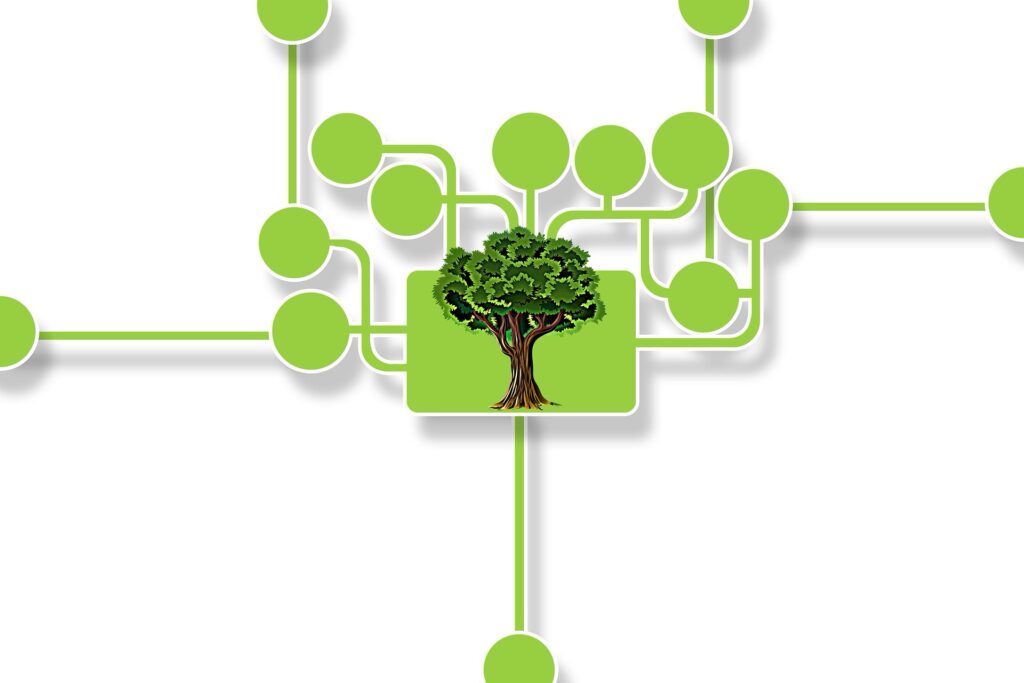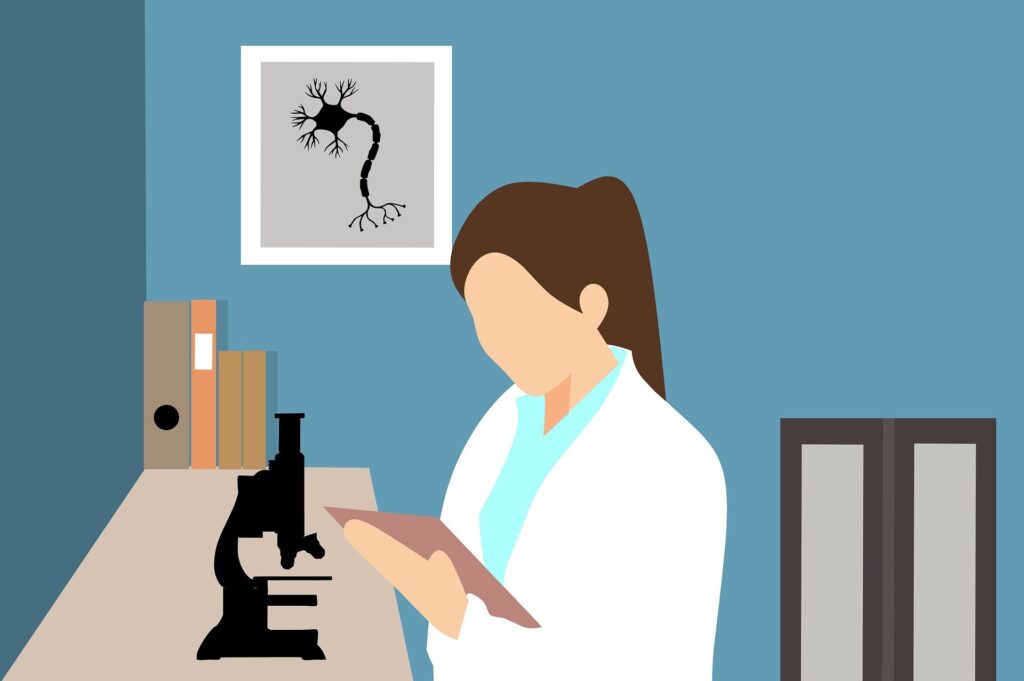
Agriculture, the development of human civilization, faces unpredictable challenges in 21st century. Global population, climate change & resource demand & innovative solutions to verify food security & sustainable farming practices. The future cultivation drives the technology to the next level of human achievement by the Biotechnology with its own powerful tools & methods it is a critical force in transforming agriculture & addressing these issues. The biotechnology will be the future of Market and Agricultural industries.
What is Agricultural Biotechnology?

Agricultural biotechnology in range of scientific techniques used in modify living organisms, such as plants, animals µorganisms, for agricultural purposes. It leverages advances in genetics, molecular biology & other related fields to enhance crop yields, improve nutritional content, develop pest-resistant varieties & create more sustainable farming practices.
Key Techniques in Agricultural Biotechnology:
- Genetic Modification: This involves directly altering the make up of an organism to introduce things. Techniques that like gene editing (CRISPR-Cas9) allow for particular type of the modifications enabling the development of crops with advanced resistance to pests, herbicides or environmental stresses this is as founded.
- Marker-Assisted Selection (MAS): MAS utilizes its genetic markers to identify the desirable genes in breeding programs and also boost development of improved crop. This technique is speeded up the traditional breeding of the process and enabling faster development in new high-yielding crops.
- Tissues Culture & Micro propagation: These techniques are enable the rapid multiplication in the plants from small tissue samples ensuring the availability of disease free planting material & preserving valuable genetic resources.
- Bio fertilizers & Bio pesticides: These accrue beneficial micro organism to enhance soil fertility & control pests & diseases, reducing the reliance on synthetic chemicals.
- Genomics & Bioinformatics: These tools enable the analysis of vast amounts of genetic data, providing insights into plant & animal biology & facilitating the development of the varieties.
Benefits of Biotechnology in Agriculture:
- Increased Crop Yields: Biotechnology can be create crops with enhanced control to pests, diseases & also environmental affected things leading to higher yield & reduced crop losses in the land.
- Improved Nutritional Content: Bio fortification techniques can be enhance the nutritional value of the crops addressing micronutrient and deficiencies & improving human health.
- Reduced Pesticide to Use: Genetically modified crops with the insect resistance and can reduce the need of the chemical pesticides minimizing environmental impact & protecting human health.
- Enhanced Herbicide Tolerance: Herbicide tolerant crops to allow for more efficient of weed control, reducing labor costs & improving the crop yields.
- Improved Tolerance: Biotechnology can develop more crops that are more tolerant to the drought, enabling farming in water scarce regions.
- Enhanced the Shelf Life: Biotechnology can live long the shelf life of fruits & vegetables and reducing food waste to improving market access.
- Sustainable Farming of the Practices: Bio fertilizers & bio pesticides promote sustainable agriculture by reducing the reliance on synthetic chemicals & enhancing soil health.
- Faster Development of the New Varieties: Marker assisted the selection & also other techniques accelerate the breeding process enabling the fast development of new improved crop varieties.
Addressing Challenges & Concerns:
Despite the numerous benefits agricultural bio-technology also faces the challenges & concerns:
- Public Perception & Acceptance: Concerns about the safety of the genetically modified foods & their potential impact on the environment that have led to public structure & regulatory hurdles.
- Environmental Concerns: Concerns about the potential for gene flow to wild relatives & the development of the herbicide resistant weed require careful monitoring & the management.
- Socioeconomic of Impacts: Concerns about the potential impact of the biotechnology on all smallholder farmers &the concentration of power in the hands of large agribusiness companies need to be addressed all over.
- Regulatory Frame works: Clear & consistent regulatory frameworks are needed to be ensure the safe & responsible development & deployment of the agricultural biotechnology.
- Biodiversity Concerns: The reduction of biodiversity due to mono culture of farming practices related to high yield of varieties is concern.
The Future of Biotechnology in Agriculture:
The future of agricultural biotechnology holds good promise for representing the global food security & sustainability challenges. Some key trends of shaping the future of this field include:
- Precision in Agriculture: Combining both the biotechnology with the agriculture in technologies such as remote sensing & data analytics will open more and more targeted,
- Gene Editing: Advancements in gene editing technologies, such as CRISPR-Cas9, will enable more precise &efficient genetic modifications, leading to the development of novel crop varieties.
- Synthetic Biology: Synthetic biology approaches will enable the creation of novel biological systems for agricultural applications, such as the production of bio fuels & bio plastics.
- Vertical Farming: Combining biotechnology with the vertical farming systems will enable the production of crops in controlled environments to reduce the reliance water resources.
- Personalized Nutrition: Biotechnology will open the development of crops with tailored nutritional profiles catering to individual dietary needs in nature development.
- Increased Focus on Sustainable Practices and more: Future developments will increasingly focus on the creating sustainable agricultural practices that minimize the environmental impact to enhance the ecosystem.
- Increased use of AI in live: Artificial intelligence will be used to analyze the large amount of data sets to improve the breeding programs and to improve the efficiency of farming practices.
Read also: Intelligent Ecosystems, Shaping the Future with the Adaptive Cloud
Conclusion:
Biotechnology is a playing transformative role in the agriculture offer innovative solutions to address global food security &Stable challenges. While challenges & concerns remain the potential benefits of biotechnology are undeniable in nature. The future Agricultures needs its way more forward technologies in the fields. By fostering responsible innovation promoting public engagement & implementing robust regulatory frameworks. We can hardness the power of biotechnology to create more sustainable & equitable food system for all The future of agriculture hinges on the responsible & ethical application of these powerful tools, ensuring that innovation benefits both people & the planet.
Buy Now
Quantum Computing for Computer Scientists

